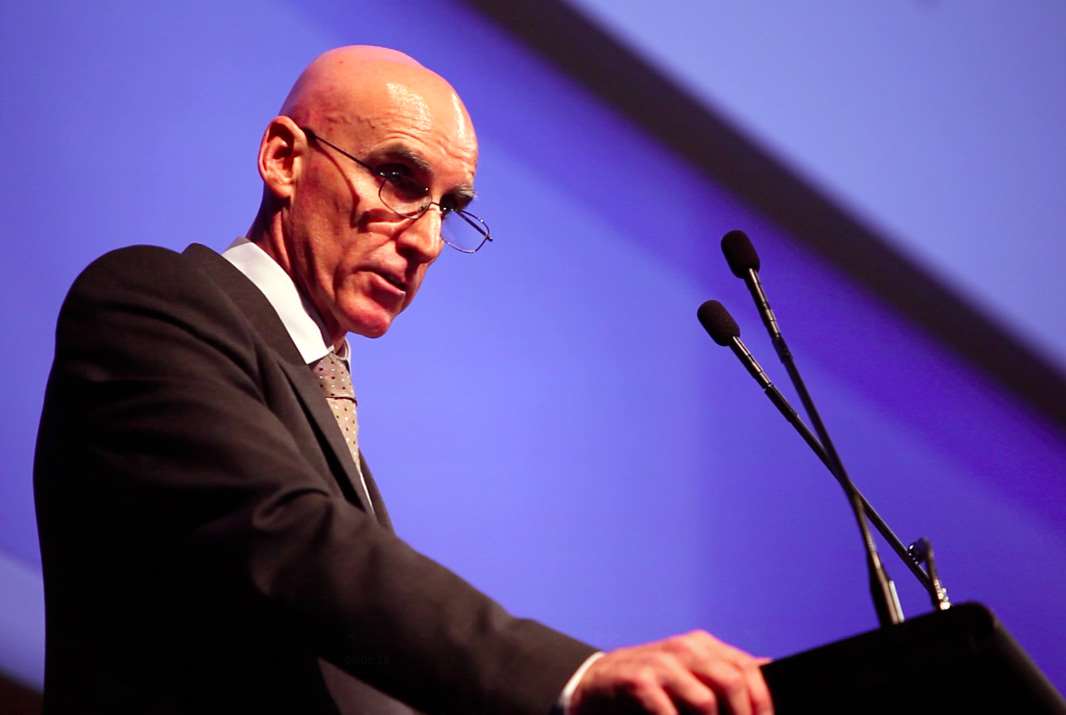Former NBN chief Mike Quigley panned the Coalition’s 2013 decision to pivot from a mostly fibre-to-the-premises rollout, saying it isn’t too late to change back again.
Speaking at the University of Melbourne, Quigley made sure NBN would continue to be an election issue as he again defended his record during his time fronting the major project.
He also argued that many of NBN’s current challenges can be traced to the decision to change the rollout from predominately FTTP to a “multi-technology mix”.
“The worst thing you can do in these large complex projects is change direction,” Quigley said.
“When you are in the midst of the start-up problems it may be tempting to change direction but history proves that the benefits of changing are usually overestimated.
“This is often because the estimates of the costs and timing of the new approach are far too optimistic.
“This was certainly the case in changing the NBN from a FTTP based model to the MTM model.”
Quigley said it was a pity that the Coalition had “put their faith in what has turned out to be a short-sighted, expensive and backward looking MTM plan based on copper.”
“The nation is going to be bearing the consequences of those decisions for years to come in higher costs and poorer performance in an area that is critical to its long term future,” he said.
“Betting tens of billions of taxpayers’ dollars at this time on copper access technologies, as the Coalition has done, is a huge miscalculation.”
However, Quigley believed the project wasn’t yet a lost cause.
“It is not too late to change the current direction of the NBN but of course that change would need to be made in a controlled and managed way to ensure the project is not subject to another major disruption,” he said.
Quigley used much of his speech to deconstruct and refute frequent Coalition attacks on the NBN and its early record.
”It didn’t take long for the attacks on the project to start,” he said.
These attacks included daily repetition of the NBN being “way behind schedule and way over-budget.”
“A good example of that quote attributed to Lenin that, ‘A lie told often enough becomes the truth’,” Quigley said.
“It is [also] likely that some of you here tonight will have heard many times that very little was achieved by NBN Co between 2009 and 2013.”
Quigley believed that, had NBN stayed the course on FTTP in brownfields areas, it could have emerged with a successful network much sooner.
As it is, he said, the FTTP portion of the current NBN rollout is making the company’s numbers seem better than they are.
“The total quarterly cumulative volumes for brownfields show that FTTP is still by far the greatest percentage of the brownfields premises passed to the end of March 2016,” Quigley said.
Labor has promised to bring back more FTTP connections if it wins power in the July 2 federal election.









